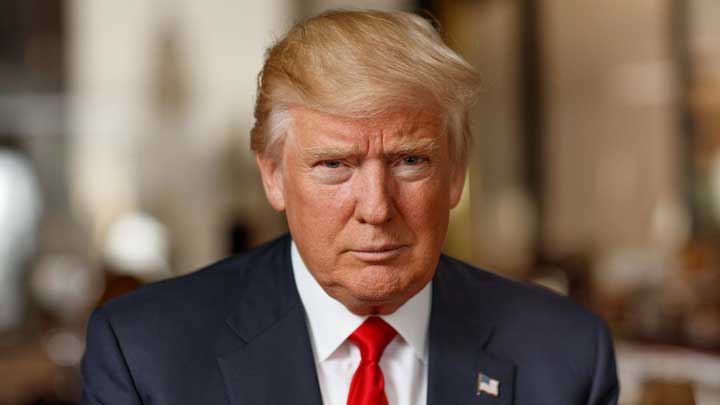Rule-consciousness measures an individual’s respect for rules, traditions, and societal norms. Donald Trump scores low in this trait, as he has repeatedly demonstrated a disregard for conventional guidelines, both in business and politics. He prefers to operate outside of established norms, challenging institutions and redefining boundaries to suit his objectives.
As a businessman, Trump often pushed legal and ethical limits. From navigating tax loopholes to controversial business dealings, he built his empire by taking calculated risks that sometimes skirted traditional business practices. His numerous legal disputes, including lawsuits against Trump University and real estate dealings, highlight his tendency to operate on the edge of rule compliance.
Politically, his disregard for established norms became even more evident. He often dismissed constitutional protocols, challenged the legitimacy of media institutions, and criticized the judicial system when it ruled against him. His handling of executive power, particularly in policy decisions such as immigration bans and trade tariffs, reflected his preference for unilateral action over consensus-building.
His presidency also witnessed multiple impeachment proceedings, further showcasing his controversial approach to governance. Instead of adhering to traditional political decorum, Trump often defied precedent, preferring direct public statements and unfiltered communication via social media over structured press conferences and diplomacy.
While his disregard for rules appealed to supporters who saw him as a disruptor of the political elite, it also led to significant challenges. His resistance to following institutional processes resulted in frequent legal battles, strained relationships with government agencies, and accusations of misconduct.
In conclusion, Trump’s rule-consciousness is notably low. He thrives in environments where he can challenge authority, rewrite norms, and operate without restrictions. While this has fueled his reputation as an unconventional leader, it has also contributed to instability and controversy throughout his career.





















